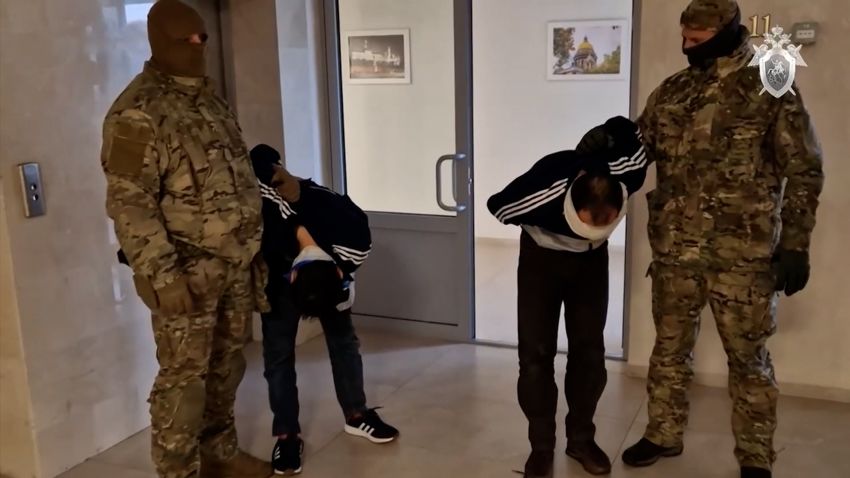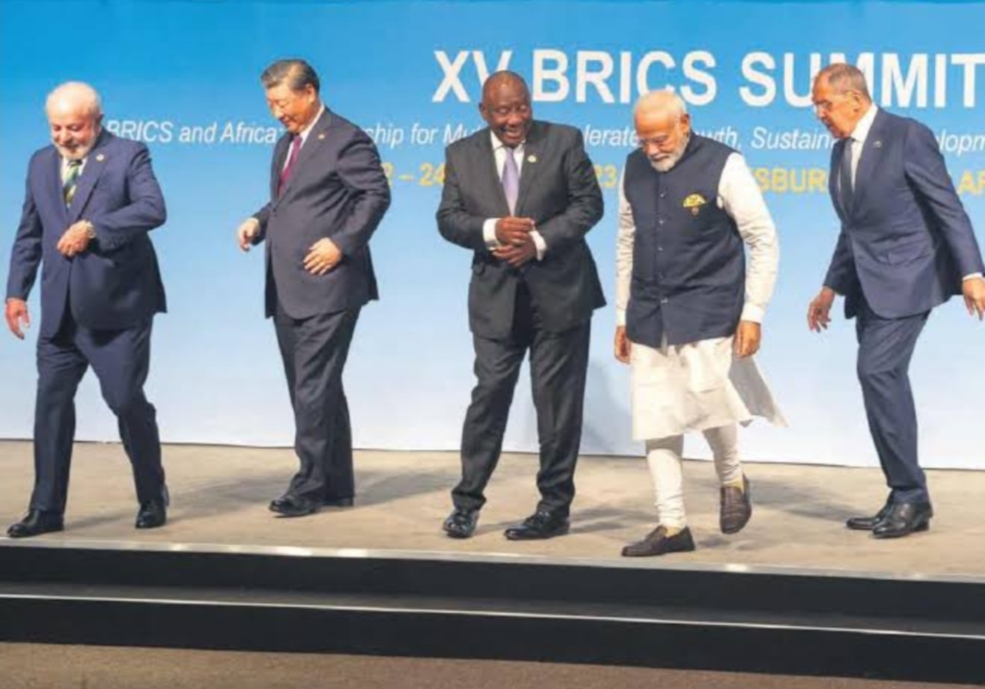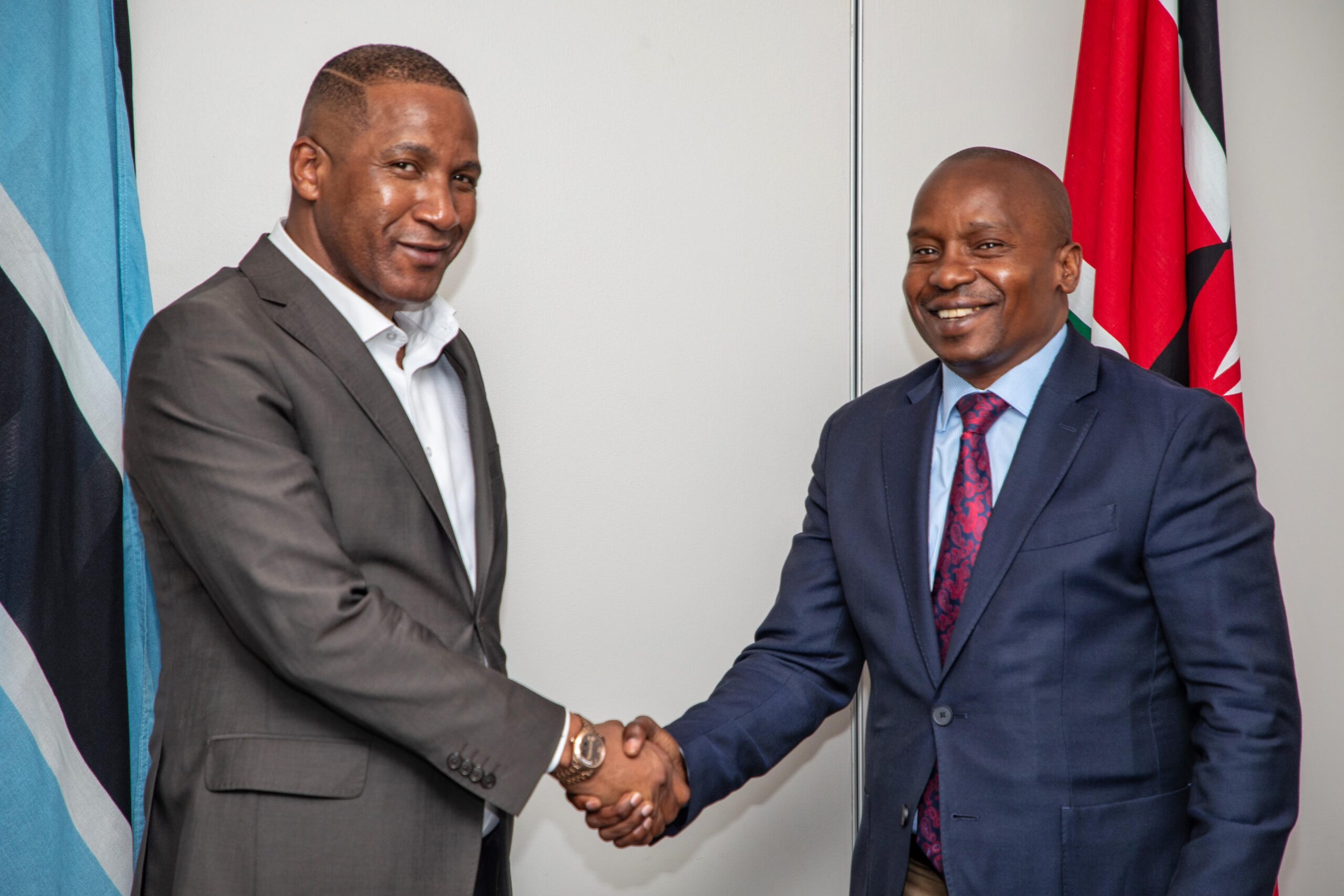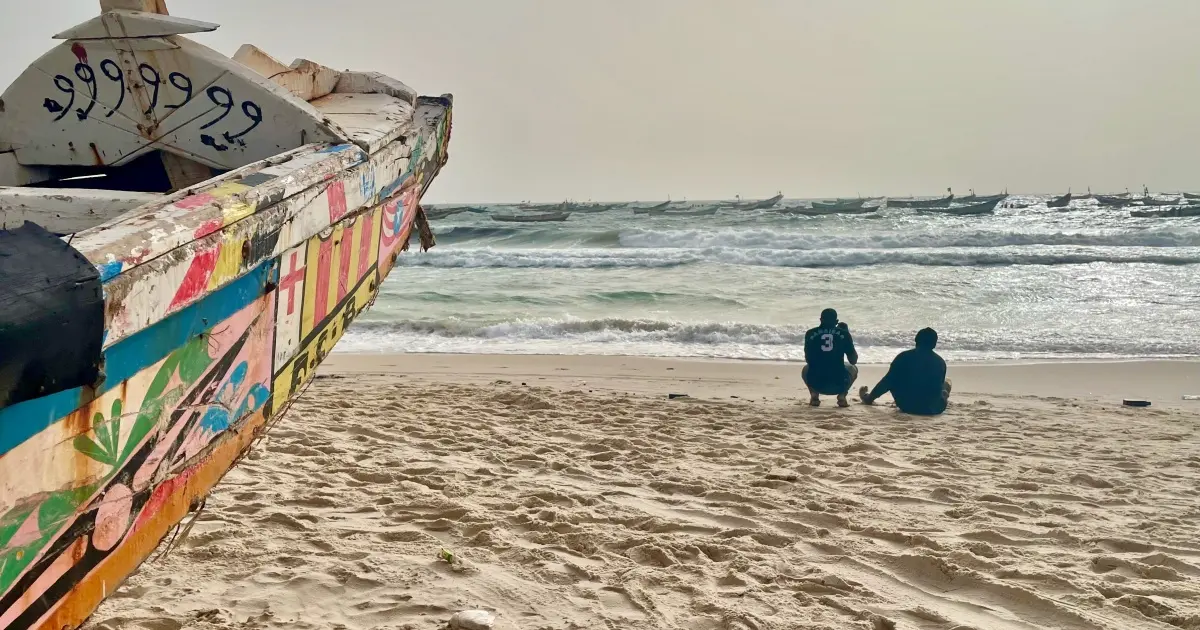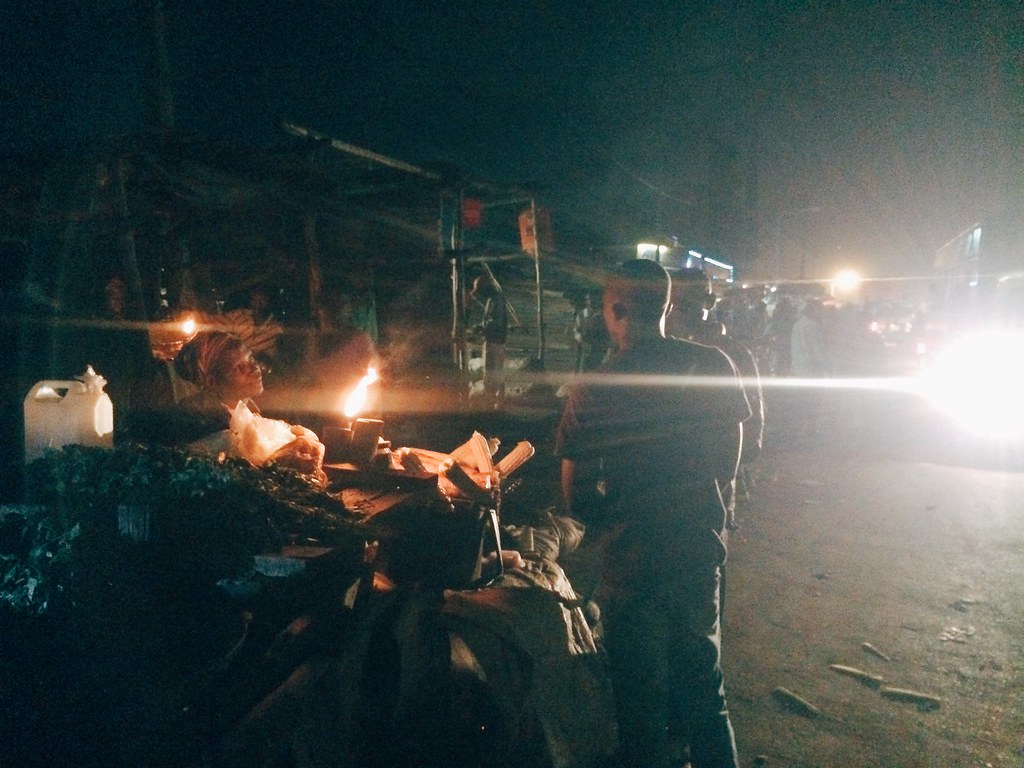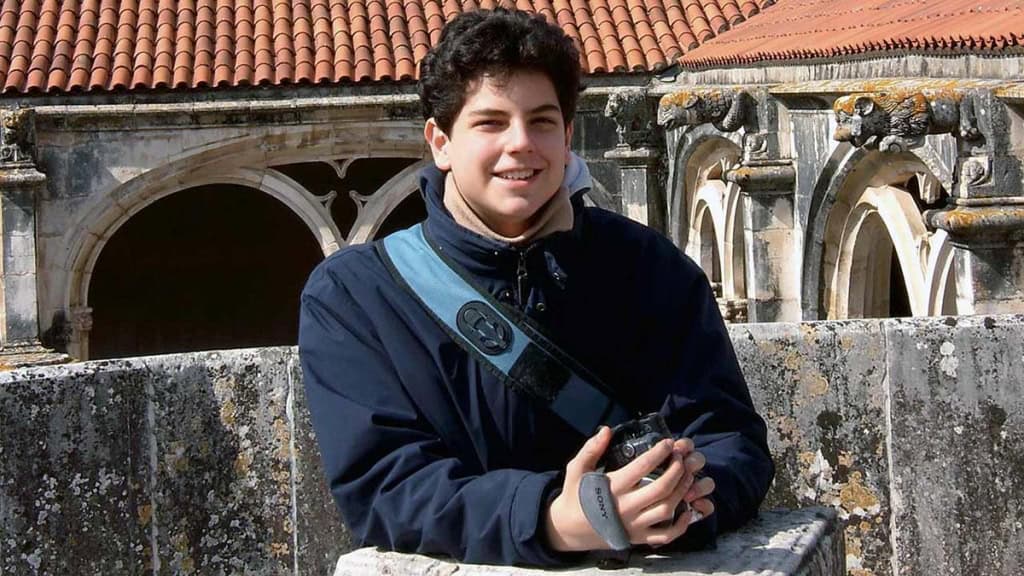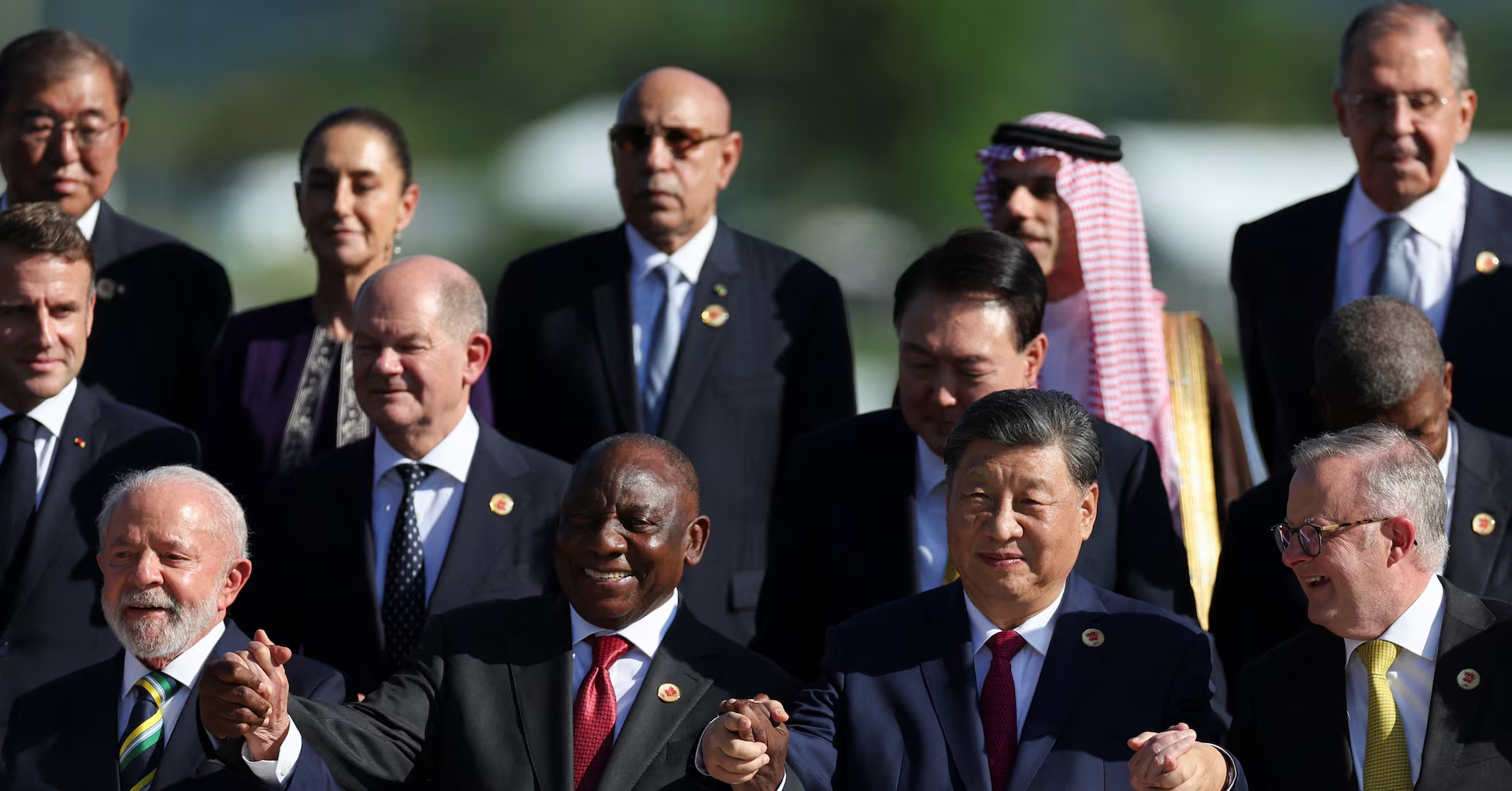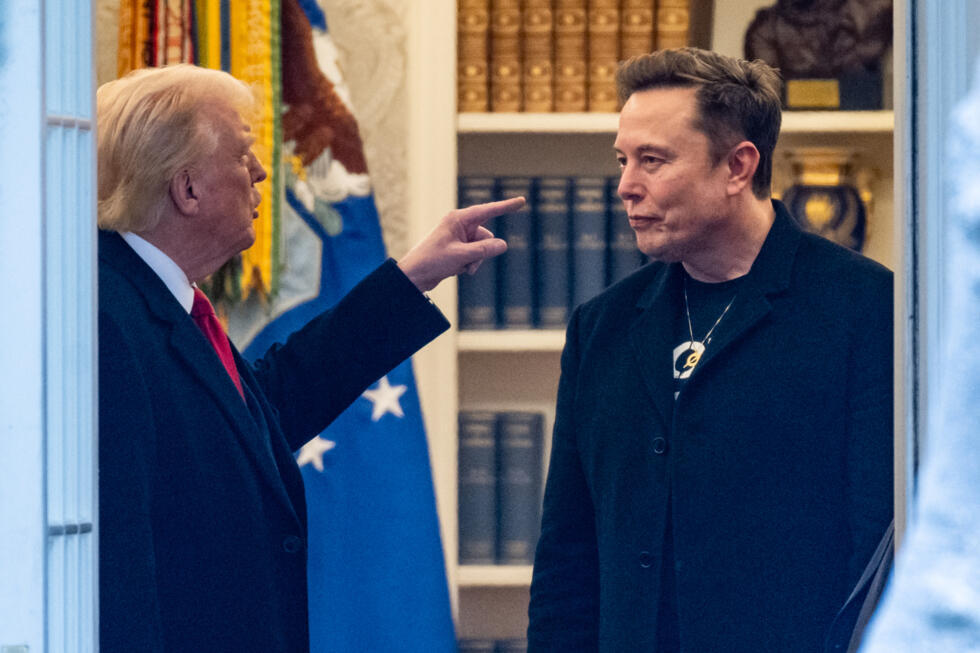A landmark Human Rights Watch (HRW) report reveals serious human rights violations against migrants in Mauritania from 2020 to early 2025, with EU and Spanish migration cooperation indirectly fueling the abuses.
Widespread Abuse Documented
According to the 142-page HRW investigation titled “They Accused Me of Trying to Go to Europe”, Mauritanian security forces—including the police, coast guard, navy, army, and gendarmerie—carried out:
- Torture, rape, sexual harassment, and racist treatment
- Arbitrary arrests and inhumane detention
- Extortion, theft, and mass collective expulsions without legal processHuman Rights Watch
Witness accounts describe horrific brutality—one Liberian migrant, Marco Gibson, said he was beaten with sticks and a rubber whip and then abandoned near the volatile Mali border.
EU and Spain’s Role in the Crisis
HRW links these abuses to European policies that outsource migration control to Mauritania:
- The EU signed a €210 million migration agreement with Mauritania in 2024.
- Spain increased bilateral support and deployed its security forces to assist in border control operations.
- EU and Spanish funds, equipment, and training helped empower Mauritanian authorities—without strong human rights safeguards.
The report states these deals “intensified abuses” while providing cover.
Steps Toward Reform—But More Needed
Some positive developments include Mauritania’s new May 2025 Standard Operating Procedures (SOPs) for migrant disembarkation and a ban on collective expulsions, which the government and EU have highlighted as signs of progress.
Yet HRW urges further action:
- EU and Spain must prioritize human rights in all migration cooperation
- Safeguards must be strengthened, and projects should be suspendable if rights are violated
- Accountability and oversight must be enhanced to prevent further abuses
Why This Matters
This report confirms what earlier investigative journalism and watchdogs had suggested: European migration policies have shifted control—and responsibility—onto vulnerable nations, sometimes enabling abuses at the expense of human rights.
As migration pressures grow, EU and Mauritania must ensure protection—not repression—for people on the move.






